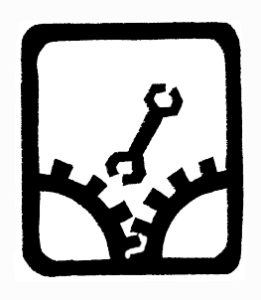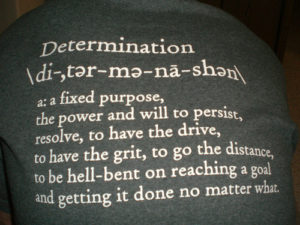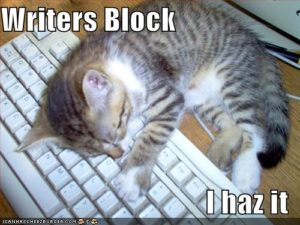I’m in Los Angeles this weekend at the 40th annual SCBWI National Conference and having a blast. Yesterday I gave an hour-long workshop on the nuts and bolts of crafting a creative life. The official SCBWI blog covered a couple of the high points. (Be sure to read the rest of the coverage of the conference events in the blog; it’s almost as good as being here.)
One of the things that came up towards the end of my presentation was the notion of self-sabotage. When the question was asked, many, many heads nodded. It seems that a lot of us are suffering from self-inflicted wounds to our work and our creative life.
Do you? Do you find yourself pulling yourself back from the brink of success over and over? Is it easier to stay mired in the familiar world of “trying to write” than to take some overdue steps that you know would bring you closer to achieving your dream? Shot yourself in the foot recently?
Yeah. Me, too.
Some experts believe that we self-sabotage when we are actually afraid we might succeed. They suspect that the attention and stimulation that comes with success is somehow linked in the subconscious of vulnerable people with events in their past that were traumatic. Others say it is rooted in our own feelings of worthlessness. If you’ve been emotionally abused, it can be hard to break free of those scars and believe that you actually deserve the life you dream of.
I know a lot of writers who prefer the comfort of the known over the discomfort of the unknown; even when the known circumstances are the state of remaining unpublished, and the unknown is what would happen if they were published and they were able to fulfill their creative dreams.
I think that a lot of writerly procrastination is actually self-sabotage. If you don’t finish your manuscript, or if there are a hundred “good” reasons why it’s not as well-written as you wanted it to be, then you will never have to confront the real pain of rejection, because you’ve already pulled the trigger on a defense mechanism that you hope will protect you.
This makes perfect sense. It also makes me want to bake you brownies and tuck a comfy blanket around you, because that is a painful amount of fear to be carrying. I suspect some writers of books for kids or teens have a further complicating worry; to write the story that is in their heart, they must confront some of the demons of their own youth. Those people deserve an old friendly dog to snuggle with, in addition to the brownies and blanket.
There is a way to write past these fears.
Ready… Put on the most comfortable clothes you own, and prepare the comfort food that soothes all your hurt feelings. Keep it close by while you’re writing. Kleenex might be a good idea, too.
Set… “The demons are innumerable, arrive at the most inappropriate times, and create panic and terror… but I have learned that if I can master the negative forces and harness them to my chariot, then they can work to my advantage…. Lilies often grow out of carcasses’ arseholes.” Ingmar Bergman
Today’s prompt: Write about the absolute worst things that would happen to you if your writing life became wildly successful. What are the best things that would happen? Who benefits if you stay creatively stuck where you are? Why?
OR
Write a scene in which your character says she has a goal, but then she unwittingly makes sure she cannot accomplish it. Be sure she is armed with plenty of rationalizations that “prove” she’s not getting in her way.







